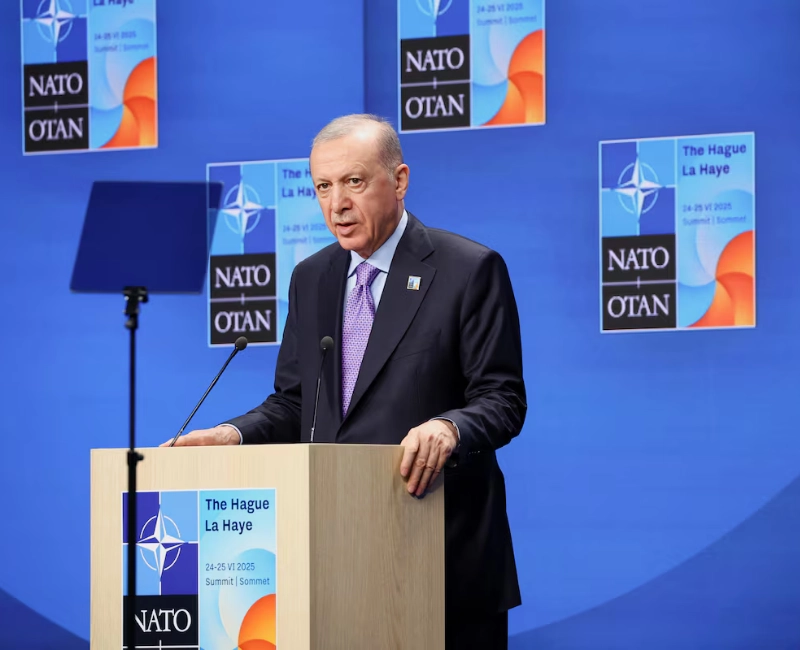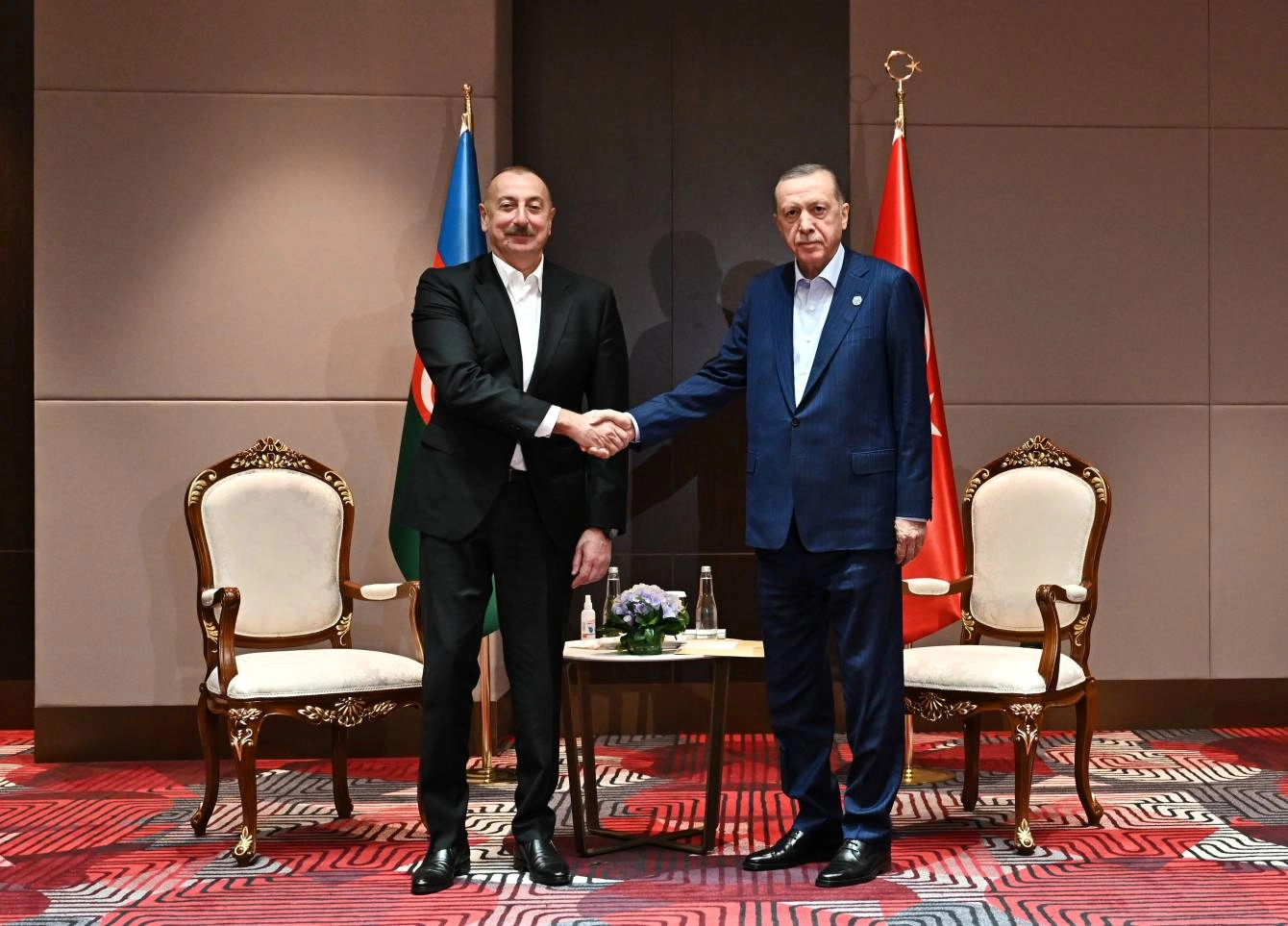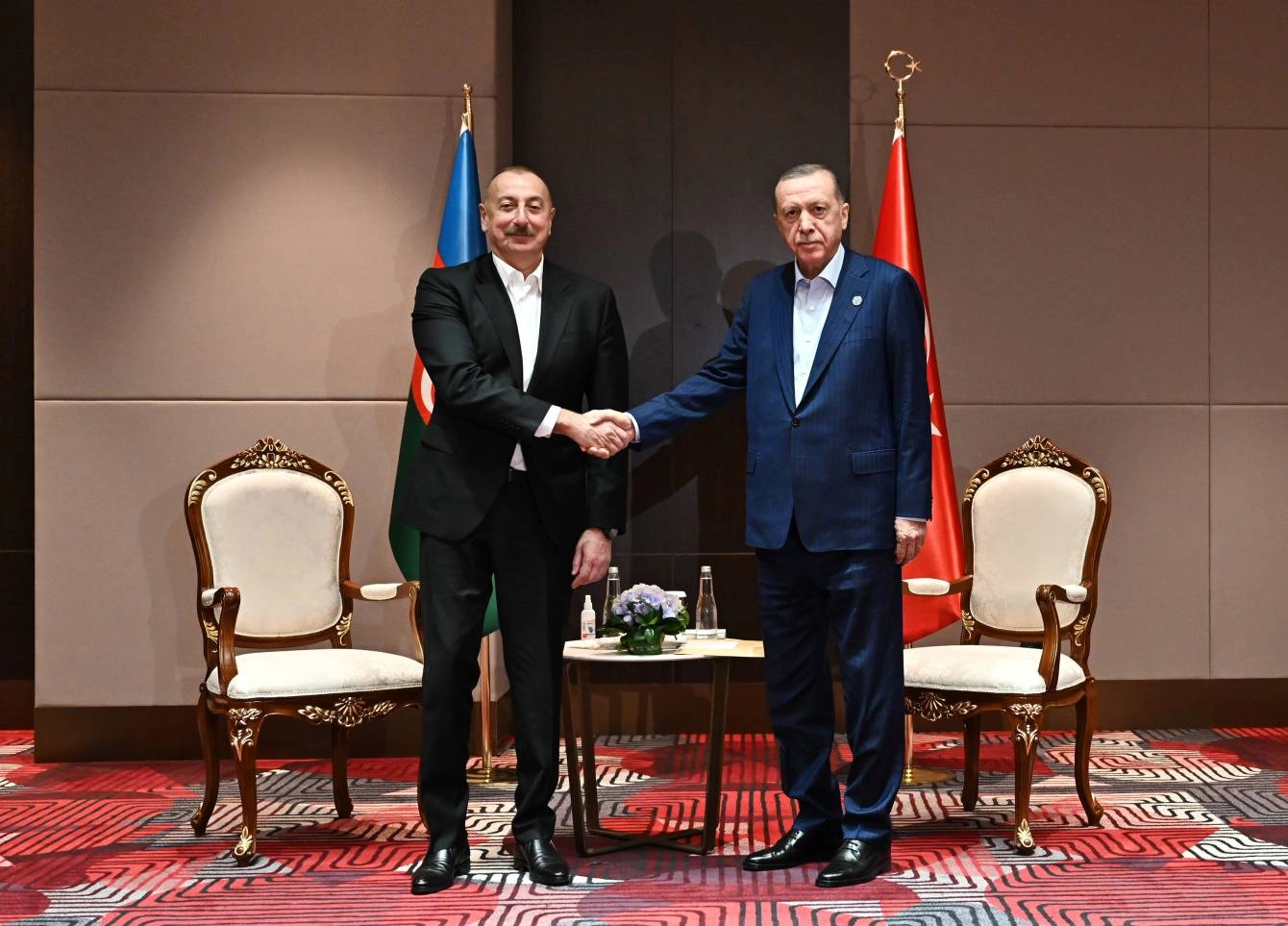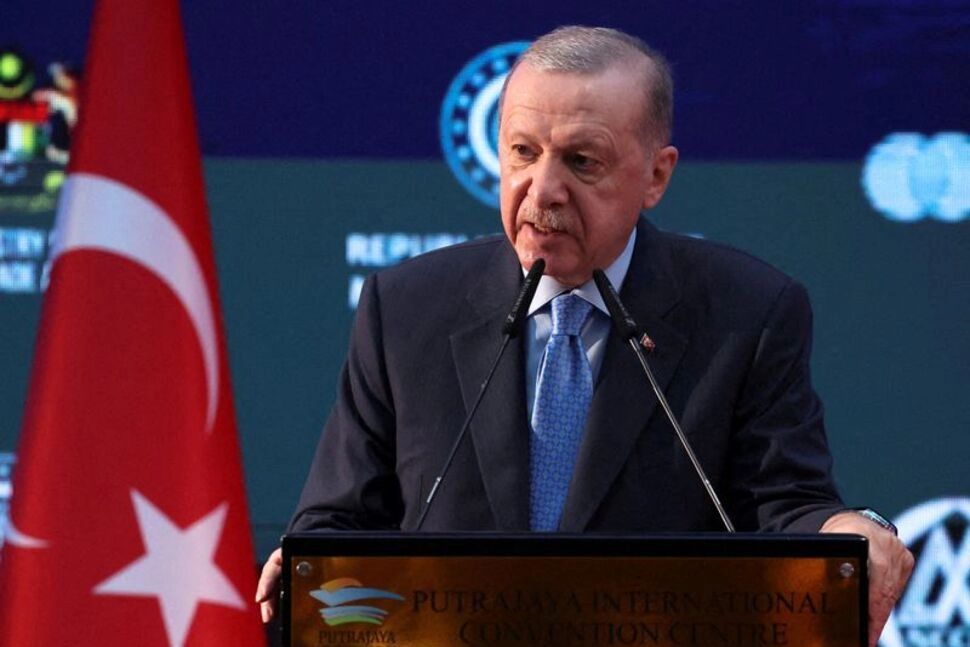What Prompted Erdogan's Call for a Gaza Ceasefire?
Turkish President Recep Tayyip Erdogan has once again positioned himself as a key mediator in the Middle East by calling for an immediate ceasefire in Gaza. But what drove this urgent appeal? The escalating violence in Gaza has resulted in significant civilian casualties, drawing global condemnation. Erdogan, leveraging Turkey's historical ties with Palestine, emphasized the need for humanitarian aid and a peaceful resolution. His stance aligns with Turkey's broader foreign policy of advocating for Muslim-majority nations while balancing relations with global powers.
Real-world example: In 2021, Turkey played a similar role during the Israel-Palestine conflict, offering to mediate and providing aid to Gaza. This time, Erdogan's call comes amid heightened tensions, with the international community divided on the issue.

Why Are Russia-Azerbaijan Tensions on Erdogan's Radar?
While addressing the Gaza crisis, Erdogan also urged calm in the simmering tensions between Russia and Azerbaijan. But why is this conflict significant for Turkey? Azerbaijan shares close cultural and military ties with Turkey, while Russia is a key player in the region. The recent clashes over Nagorno-Karabakh have raised concerns about a broader regional conflict. Erdogan's dual focus highlights Turkey's delicate balancing act between supporting its ally, Azerbaijan and maintaining its complex relationship with Russia.
Practical application: Turkey's drone sales to Azerbaijan during the 2020 Nagorno-Karabakh war demonstrated its strategic support. Now, Erdogan's call for dialogue reflects an effort to prevent further escalation that could destabilise the Caucasus.

How Does Turkey's Foreign Policy Shape Its Mediation Role?
Turkey's unique geopolitical position allows it to act as a bridge between East and West. But how does this translate into its mediation efforts? Erdogan's government has cultivated relationships with both Western nations and Middle Eastern countries, enabling it to negotiate on multiple fronts. However, this approach is not without challenges. Turkey's ties with Russia, for instance, complicate its stance on issues like Ukraine while allowing it to mediate in conflicts like Syria.
Real-world example: The 2020 Libya ceasefire negotiations showcased Turkey's ability to influence outcomes in regional conflicts, despite opposition from other global powers.

What Are the Challenges in Achieving a Gaza Ceasefire?
Erdogan's call for peace in Gaza is commendable, but what obstacles stand in the way? The Israeli government has historically been resistant to external mediation, especially from nations perceived as biased toward Palestine. Additionally, the involvement of militant groups like Hamas adds layers of complexity to any ceasefire agreement. Erdogan's challenge lies in convincing all parties to come to the table without preconditions.
Practical application: The 2014 Gaza ceasefire brokered by Egypt serves as a precedent, but the current geopolitical climate is far more polarised, making Erdogan's task even harder.
Can Erdogan's Diplomacy Ease Russia-Azerbaijan Tensions?
Erdogan's appeal for calm between Russia and Azerbaijan raises the question: Can Turkey effectively mediate this dispute? While Turkey has leverage over Azerbaijan due to their close ties, Russia's influence in the region is unparalleled. Erdogan's personal rapport with Putin could be an asset, but Moscow's strategic interests in the Caucasus may limit Turkey's mediating role. The situation is further complicated by Western sanctions on Russia and Turkey's NATO membership.
Real-world example: The 2020 Nagorno-Karabakh war saw Turkey and Russia negotiating behind the scenes, resulting in a fragile peace deal. Replicating this success now will require deft diplomacy.
What’s Next for Turkey’s Diplomatic Efforts?
Erdogan's simultaneous focus on Gaza and the Caucasus underscores Turkey's ambitious foreign policy. But what can we expect moving forward? Turkey will likely continue its dual-track approach: advocating for Palestinian rights while managing its relationships with Russia and Azerbaijan. However, the success of these efforts hinges on Erdogan's ability to navigate the intricate web of regional alliances and rivalries.
Practical application: Turkey's recent normalisation talks with Israel indicate a pragmatic shift, suggesting that Erdogan may be exploring backchannel diplomacy to advance his goals.






